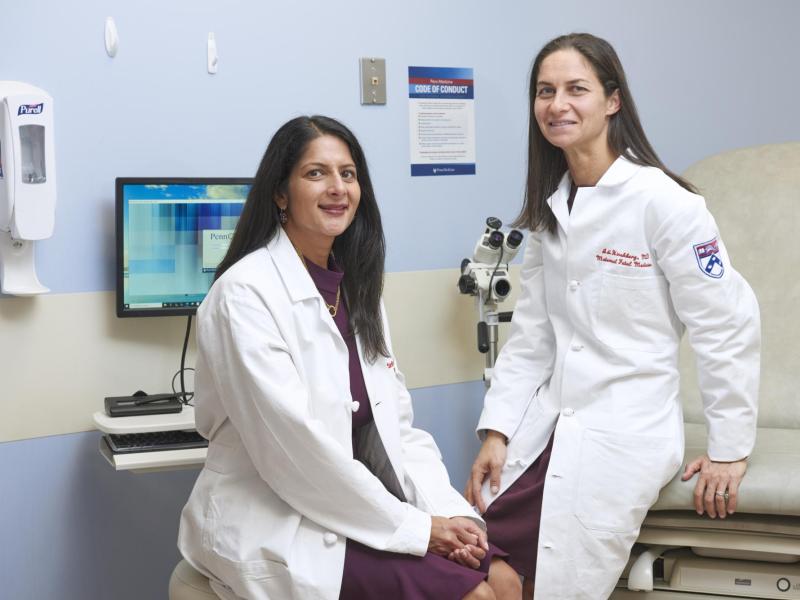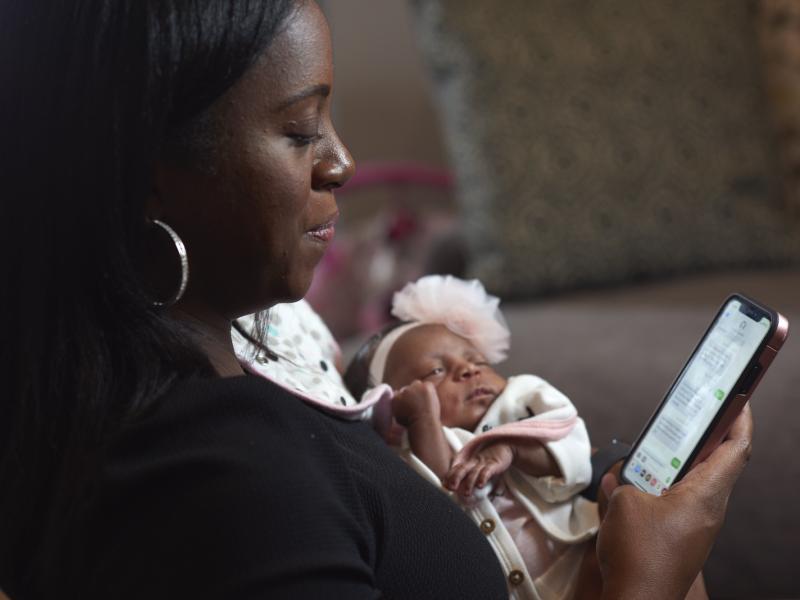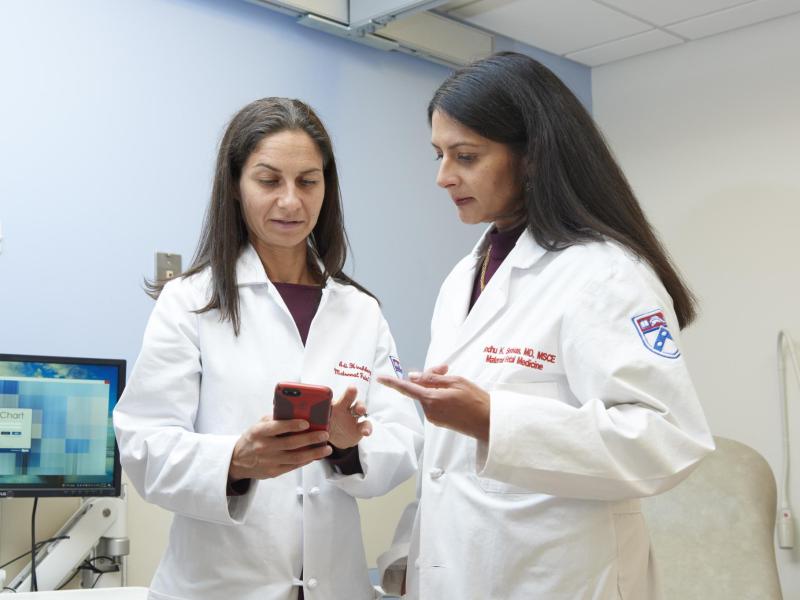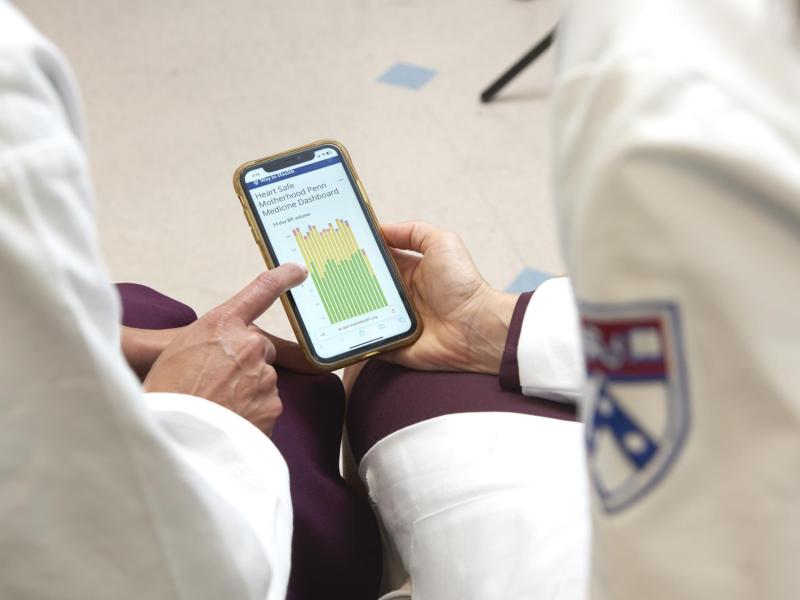Why Heart Safe Motherhood?
Hypertension is a leading cause of maternal morbidity and mortality. Heart Safe Motherhood was created to improve postpartum care for mothers with pregnancy-related hypertension and reduce maternal morbidity and mortality.

1 in 5 of the 700 maternal deaths each year in the US are linked to preeclampsia.
Preventable Morbidity
For every maternal death in the United States, there are about 100 episodes of severe maternal morbidity.
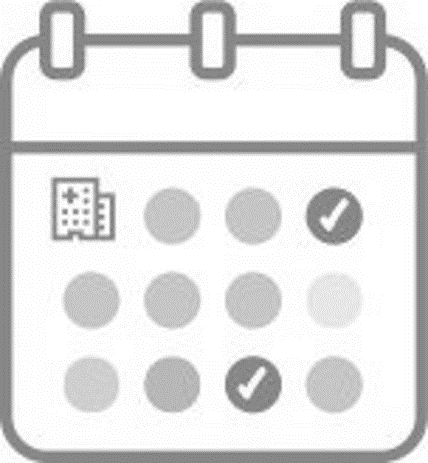
Guidelines recommend monitoring BP at 72 hours and 7-10 days postpartum in at-risk women.
Provider-Friendly
Allows for efficient large scale, remote patient monitoring making it easier to focus on patient care.
Patient-Centered
After delivery, frequent in-person visits are not easy. We aim to provide care in a better way.
Evidence-Based Model
Our model is supported by published results from a randomized controlled trial and rapid-cycle testing.
Interested in this program?
It's easy! We can help you implement this program and achieve the same outcomes at your hospital.
Better data. Smarter action. Brighter outcomes.
I am a mother and I just wanted to say thank you. This program saved my life. If I can do anything to help or volunteer it would mean the world to me and my family."

